Succession planting No-No's ?
newhippie
12 years ago
Related Stories
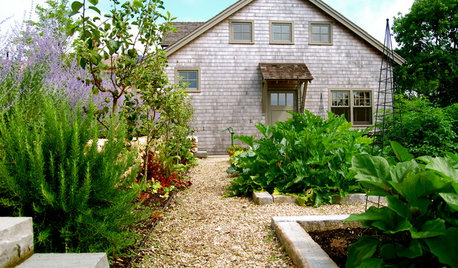
GARDENING GUIDESThe Simple Secret to Gardening Success
Learn the kinds of soil and a DIY type test to make sure you’re putting the right plant in the right place
Full Story
INSIDE HOUZZTell Us Your Houzz Success Story
Have you used the site to connect with professionals, browse photos and more to make your project run smoother? We want to hear your story
Full Story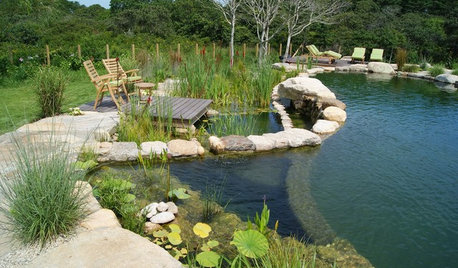
LANDSCAPE DESIGNSecrets of a Successful Water Garden
Relax. Having a water garden is much easier once you understand the basics
Full Story
ARCHITECTUREHave It Your Way — What Makes Architecture Successful
Universal appeal doesn't exist in design. The real beauty of any home lies in individualization and imagination
Full Story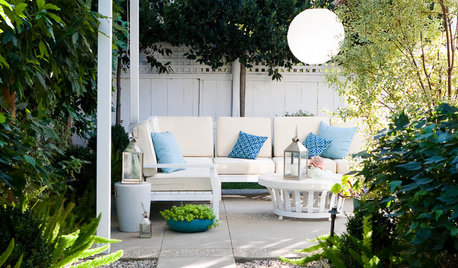
LIFEFall Planning for a Successful Big Spring Party
Get started now on assessing, completing home projects and cleaning to keep party stress and effort to a minimum come spring
Full Story
FURNITURE10 Secrets of Successful Secondhand Furniture Shopping
Design professionals offer tips on how, where and what to buy
Full Story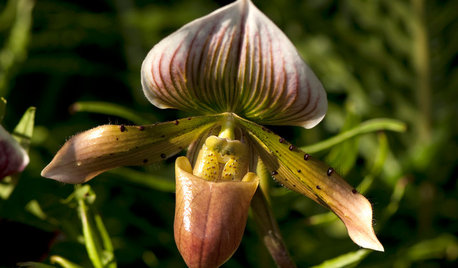
HOUSEPLANTSOrchids 101: Slipper Orchid Success
If you don’t already love Paphiopedilums, learning how to grow them with ease might change your mind
Full Story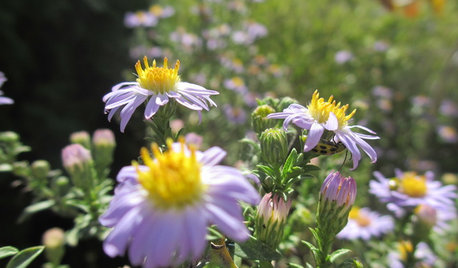
NATIVE PLANTSPlant These Fall-Flowering Natives in Early Summer for Pollinator Love
These 3 groups of plants will support masses of beneficial insects come autumn
Full Story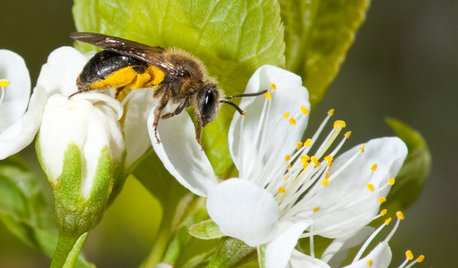
GARDENING GUIDESInvite Mining Bees to Your Garden by Planting Their Favorite Plants
Look for mining bees (Andrena) pollinating woodland wildflowers in U.S. gardens this spring
Full Story
GARDENING GUIDESGreat Design Plant: Rhus Glabra
Smooth sumac provides powerful jolts of fall color and persistent fruit clusters that add interest through the winter
Full StoryMore Discussions







Okiedawn OK Zone 7
newhippieOriginal Author
Related Professionals
Wrentham Landscape Architects & Landscape Designers · West Chester Landscape Architects & Landscape Designers · Battle Ground Landscape Contractors · Brandon Landscape Contractors · Camp Verde Landscape Contractors · East Lake-Orient Park Landscape Contractors · Lexington Landscape Contractors · Nashua Landscape Contractors · Paterson Landscape Contractors · West Orange Landscape Contractors · American Fork Decks, Patios & Outdoor Enclosures · Lewisville Decks, Patios & Outdoor Enclosures · Morgan Hill Decks, Patios & Outdoor Enclosures · Olathe Decks, Patios & Outdoor Enclosures · Westminster Decks, Patios & Outdoor EnclosuresOkiedawn OK Zone 7
newhippieOriginal Author